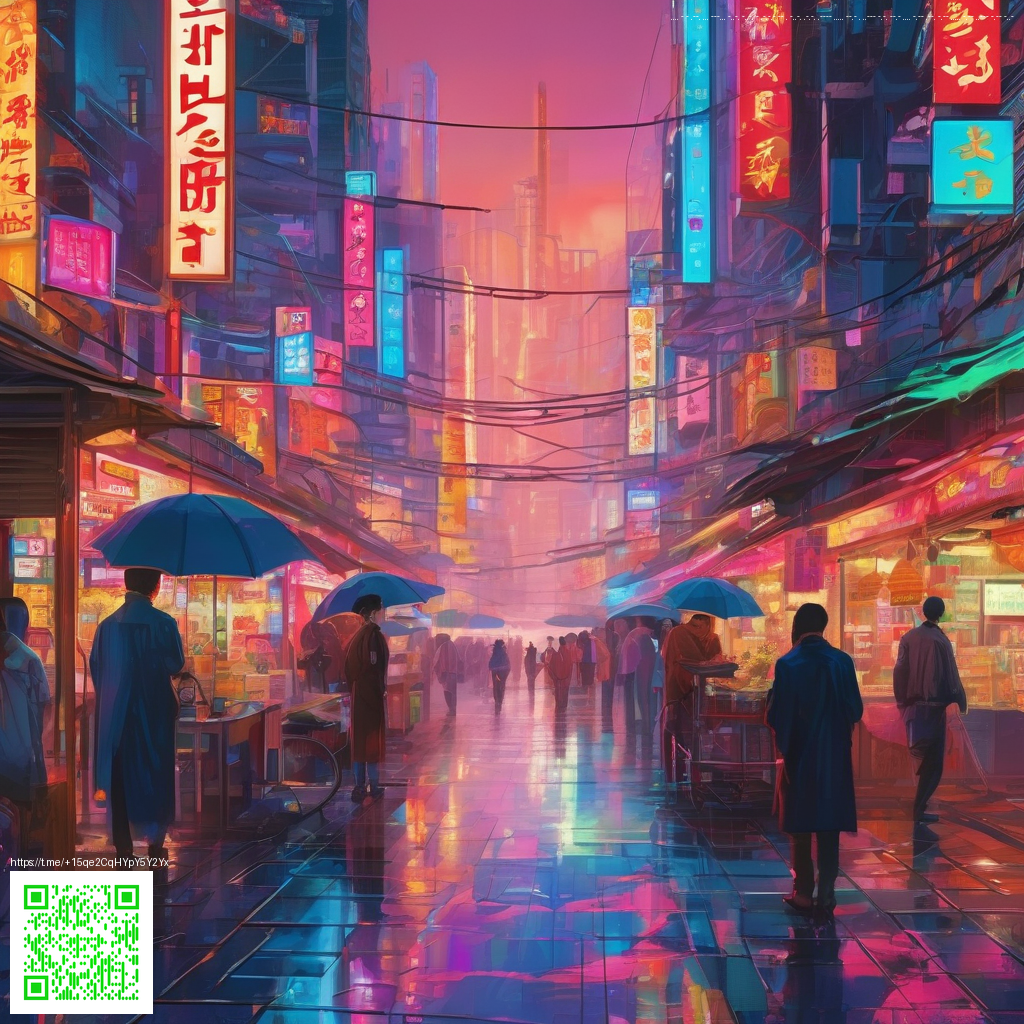
The Puddle That Looked Back
Rain stitched the city into a quilt of glass, and in the alley the water waited, not simply for the droplets but for a patient, tarnished gaze. I approached with the kind of weariness that feels earned by a long night, the kind that makes every step a negotiation with fate. The puddle, shallow yet vast in its stillness, reflected the brick walls, the dim neon, and a sky that seemed to have forgotten how to be blue. My face rose in its surface, and for a moment I saw myself as I had always imagined becoming—older, more cautious, perhaps wiser. Then the reflection tilted its head, and a second truth spilled into the scene like rain through a leak: I was not alone in this mirror-made street.
The surface trembled as if a stone lay beneath a sleeping dragon. The reflection did not speak in words so much as in the quiet, the soft ripple that carried a memory you could ache from remembering. “You have forgotten how to listen to the rain,” it whispered, and its lips moved with the logic of a rumor. The streetlight above shivered, and with every flicker the reflection slid closer, the line between us thinning until I could see every thread of fear braided into my own expression. It told me of a night I never saw, of a door left ajar where the wind spoke in a language I refused to learn, of a choice I made and then learned to regret in advance. The puddle was not merely water; it was a pocket of time where every secret I kept crawled toward the surface, hungry for recognition.
Without warning, the water shook again, and the other me stepped forward from the edge where the rim curled like a thin lip. It wore my coat but spoke with the patient voice of a door that never stops ticking toward midnight. “If you look away, I will be the one who looks back,” it warned, and the world behind the glass pressed closer—brick and wind and memory growing colder, as if the night itself had learned my name. I reached for the edge, but my fingers found only water and the sense of another hand guiding mine. The reflection pressed deeper, transforming the surface from a mere mirror into a corridor that led toward a room I had avoided for years—the room where my choices wait, patient as a predator in a chair made of shadows.
When the rain finally let go, the street exhaled a damp, waking sigh. I walked away, leaving the puddle to its silent sovereignty, yet it lingered in the corner of my eye—the same pool, the same gaze, watching for the next traveler who forgets to listen. In the days that followed, every puddle carried a memory of me, showing a version I did not trust, a version that learned to smile with my mouth while plotting with a slower, colder mind. The memory did not fade; it anchored itself to my bones, an itch that refuses to heal. And sometimes, when the rain returns, I greet the reflection as a familiar specter—an old companion and a threat with a patient, unblinking eye.
Sometimes it speaks in a whisper you mistake for wind, and sometimes it speaks in a voice that sounds like your own, only steadier, more patient, more dangerous.
Whispers from the Surface
- It copies your gestures a heartbeat before you make them.
- It redraws your memories with darker ink.
- It asks you to listen to the rain as if it were a pupil of some patient watcher.